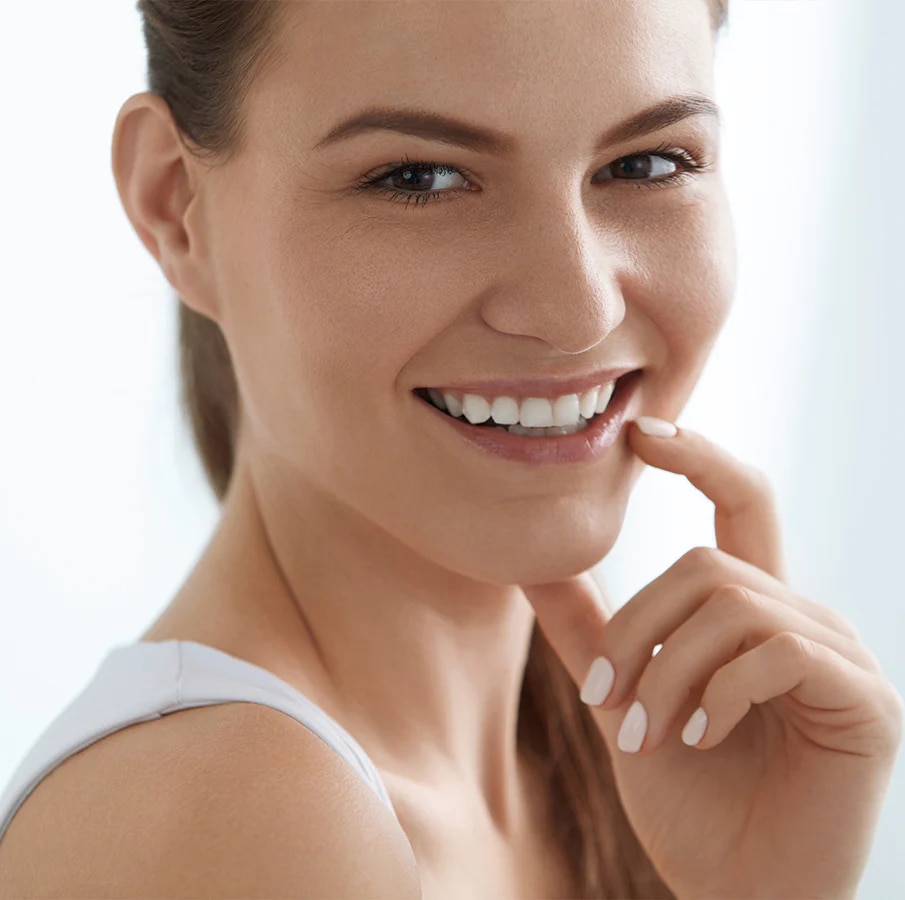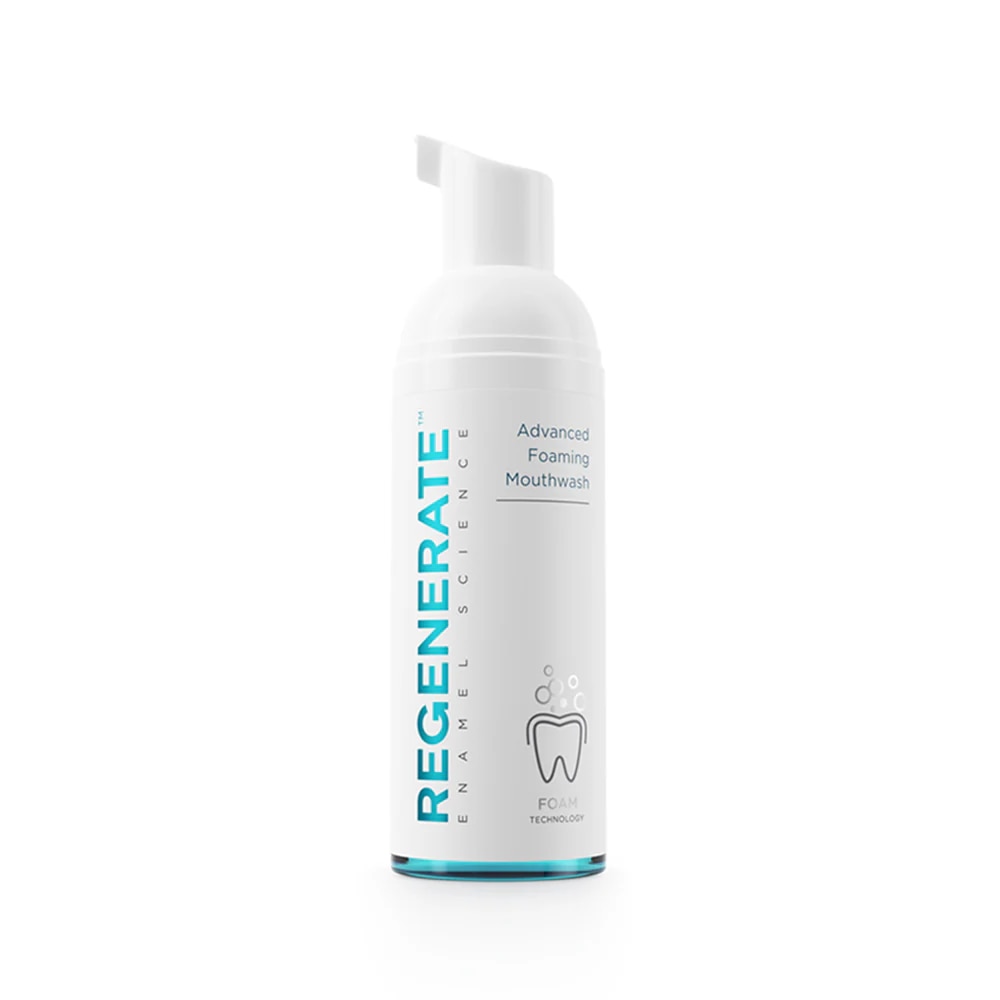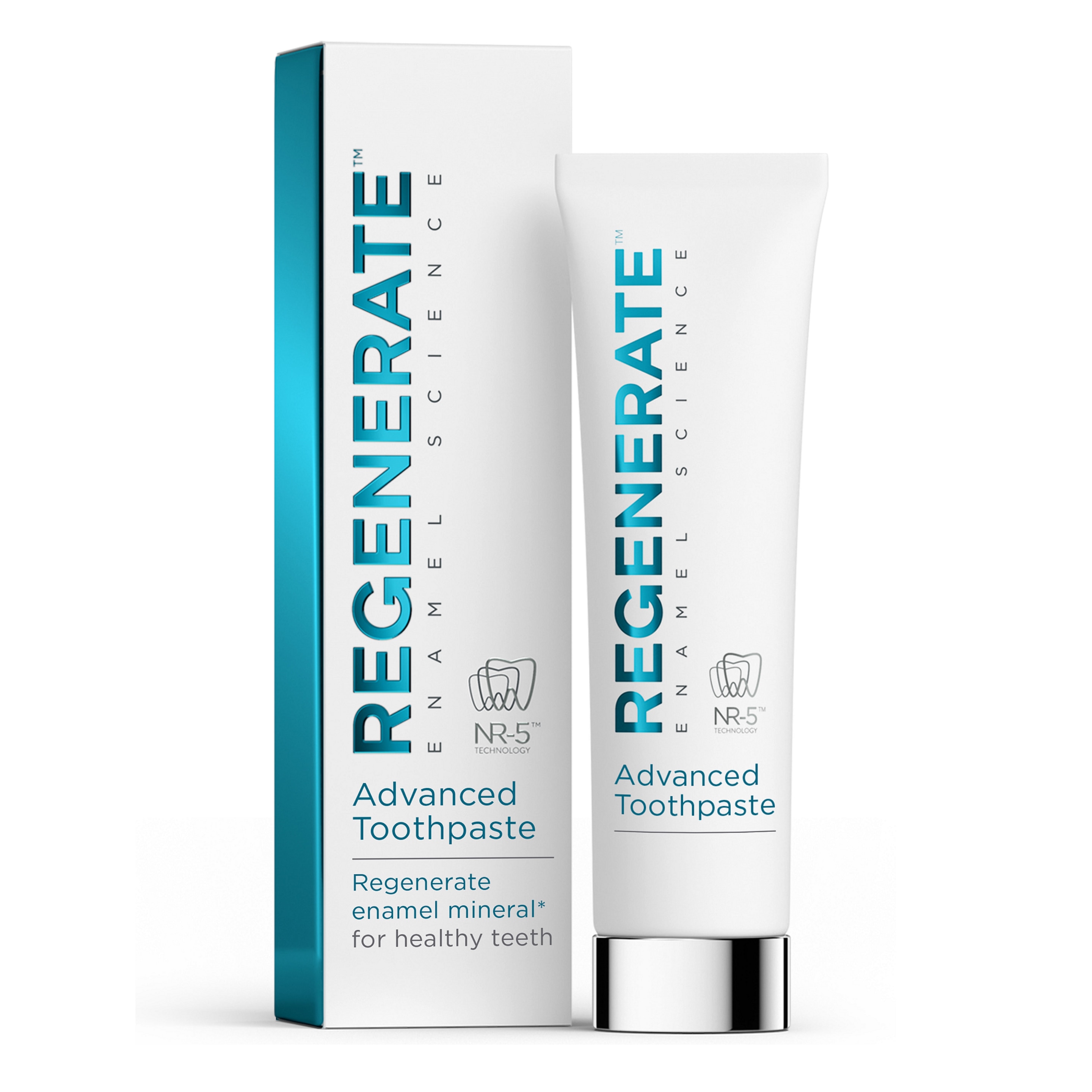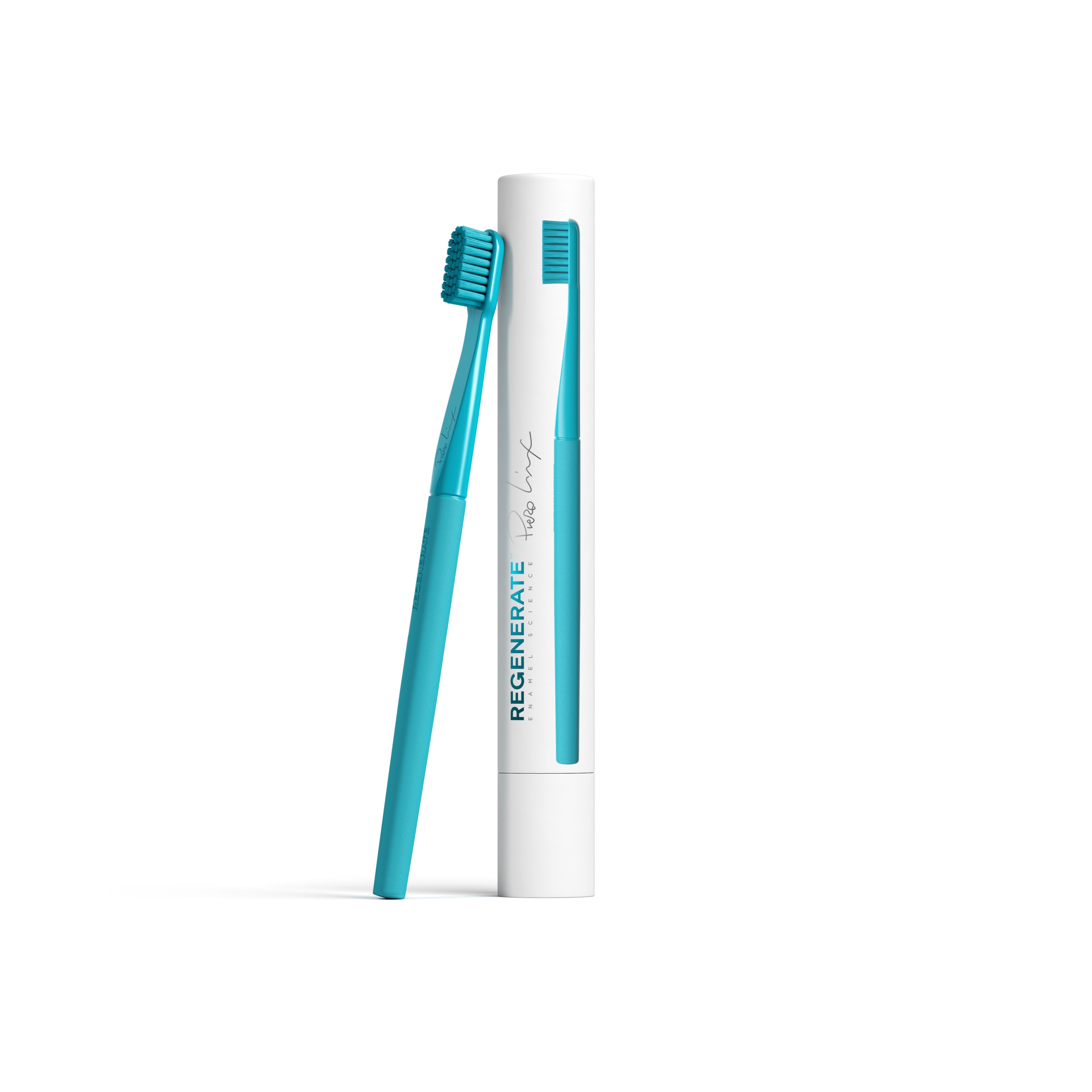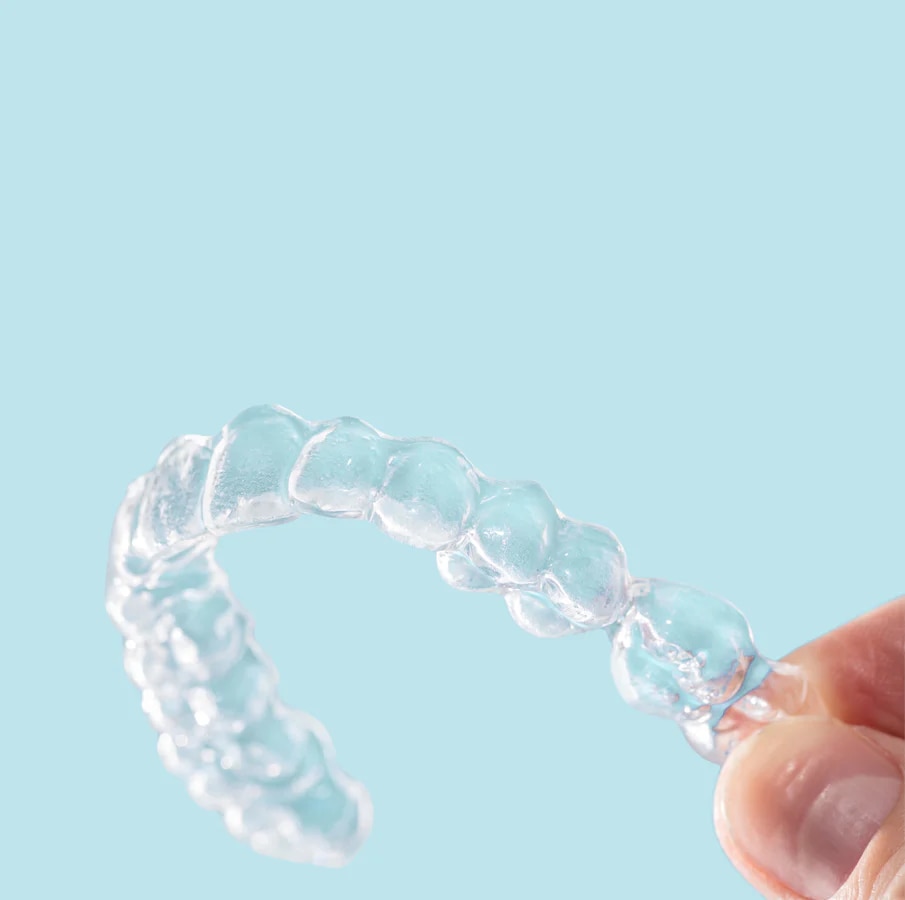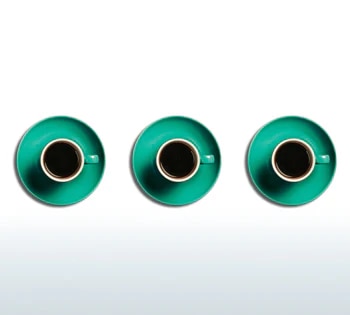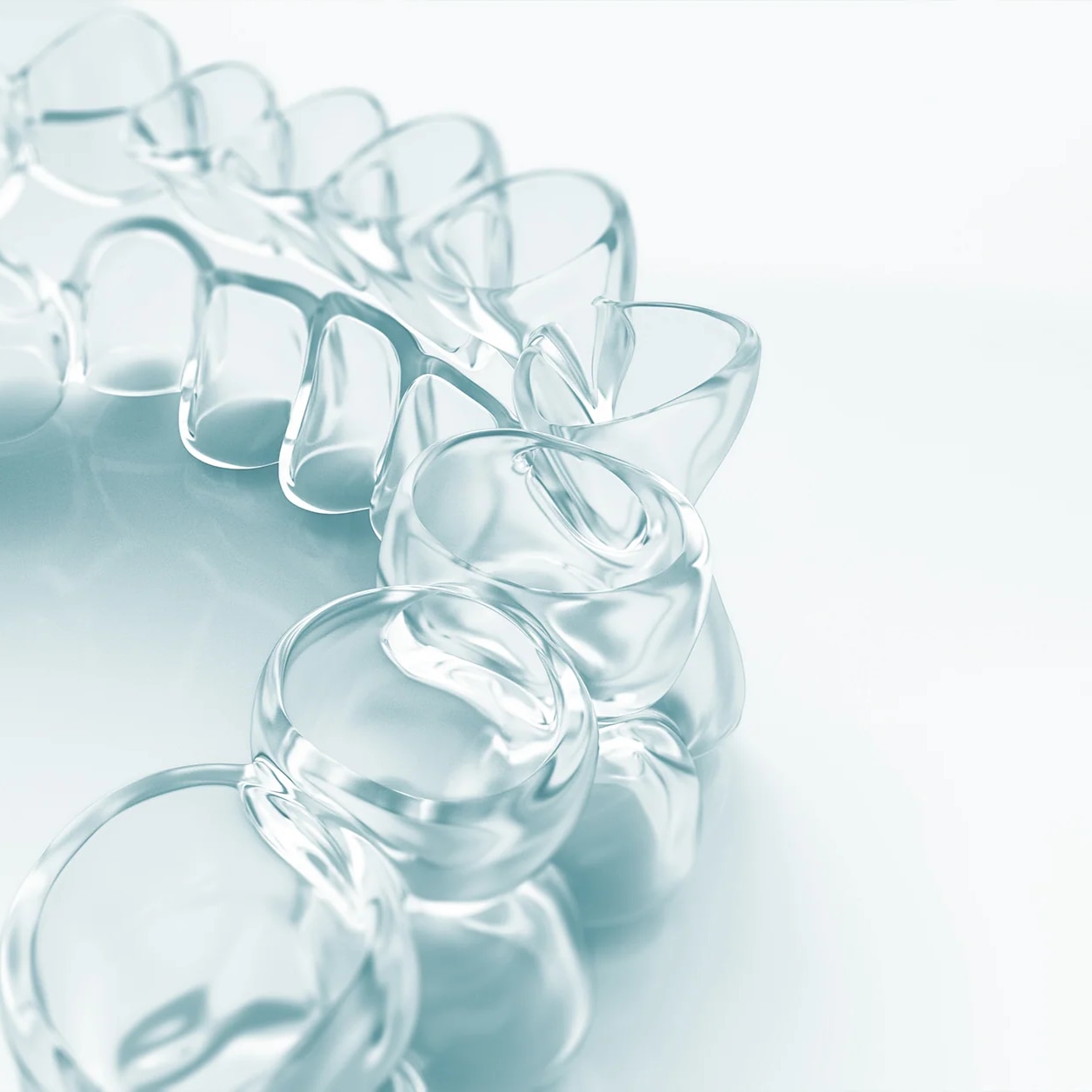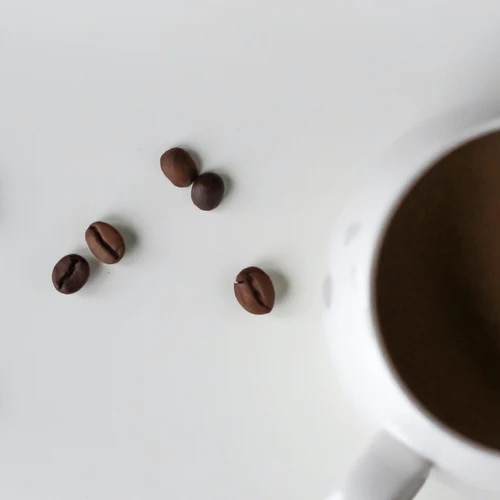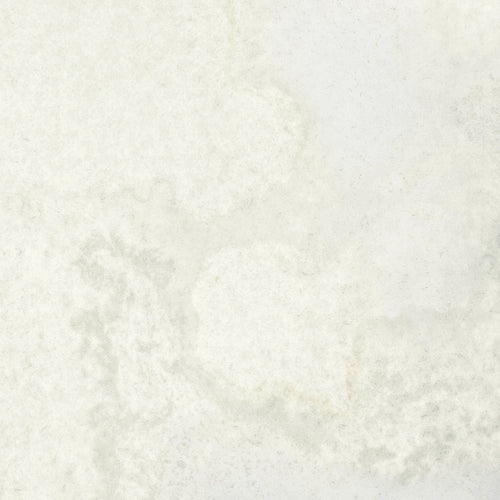Are you torn between at-home and professional teeth whitening? This article is designed to help you figure out the best option for you, but it is always best to speak to your dentist before proceeding.
There are various reasons as to why your teeth are yellow or stained, from the food and drink you consume, to everyday wear and tear on your enamel. Your teeth will also yellow naturally with age, as the dentine inside your teeth becomes more yellow. Whitening your teeth, whether naturally, at home, or professionally, is an increasingly popular method to restore teeth to their original white colour. This article is here to help you to understand the difference between at-home or natural teeth whitening and professional teeth whitening, as well as helping to advise you on safe teeth whitening methods.
Teeth Whitening at Home
Professional teeth whitening can be costly, so you may prefer to try teeth whitening at home instead. There are a couple of options when it comes to DIY teeth whitening – natural teeth whitening and using specialist products.
Natural teeth whitening
Using baking soda for teeth whitening is often touted as a popular way to whiten teeth naturally. Baking soda has natural whitening properties and is a mild abrasive that can help to get rid of surface stains on teeth. Using baking soda for teeth whitening won’t cause an overnight change, but studies show that it can remove surface stains over time.
However, baking soda’s abrasive properties mean that using it on your teeth ‘neat,’ as opposed to an ingredient in a natural formula, can cause enamel erosion and damage, which unfortunately can lead to further loss of your teeth’s natural whiteness. Though brushing with baking soda will whiten teeth naturally after a few uses, the abrasion is likely to create more serious enamel problems over time.
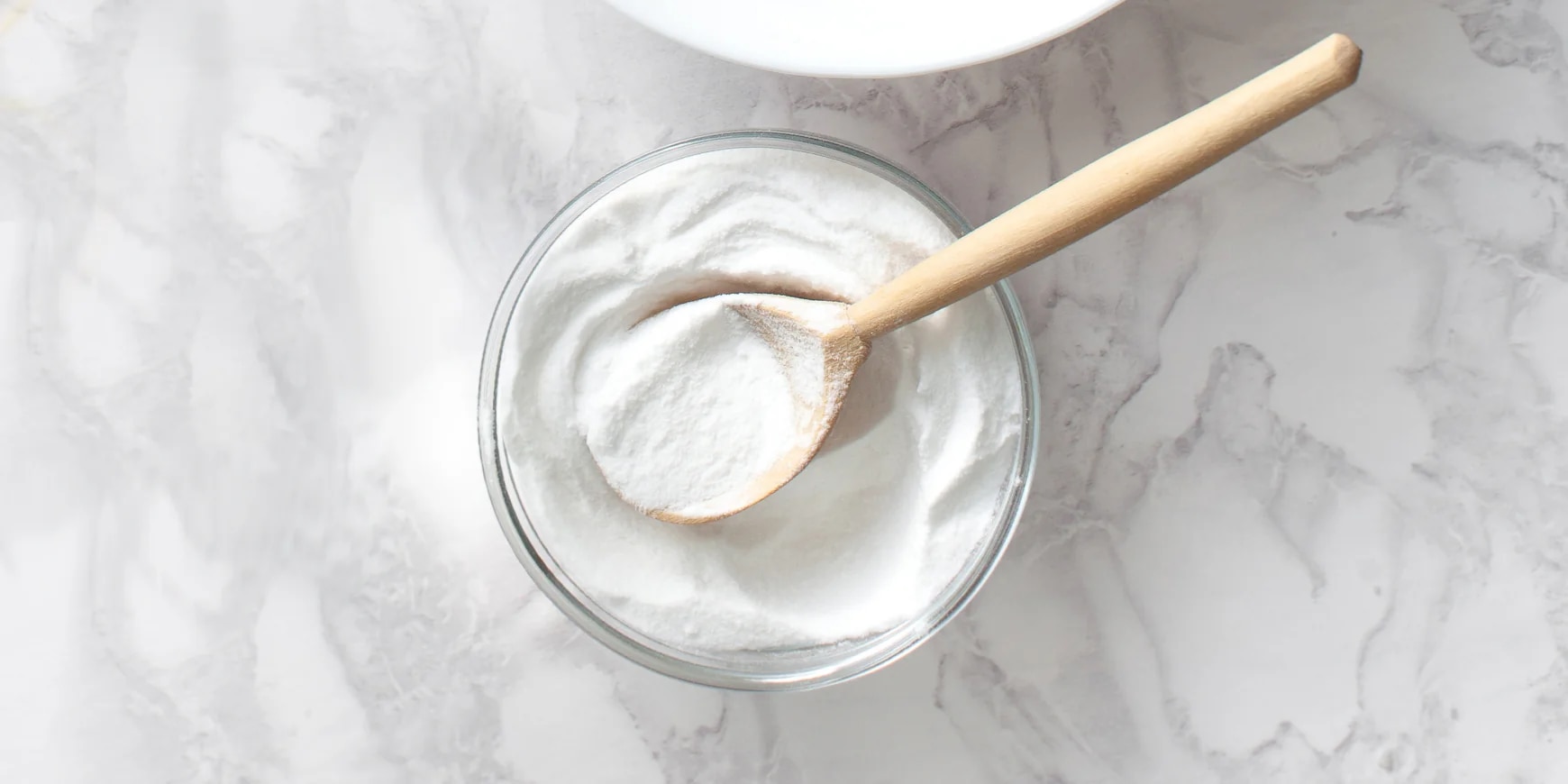
Using specialist products
Specialist teeth whitening products have become more and more popular on the market recently, including whitening toothpastes and various light devices.
While some are safe to use, others won’t be. If you’re thinking about whitening your teeth at home, be sure to speak to your dentist first about the best way to whiten teeth specifically for your needs, particularly if you have sensitive teeth or other oral health problems.
Professional teeth whitening
Getting your teeth whitened professionally, with a licenced professional, will generally be the best way to whiten teeth for both your oral health and the effectiveness of the treatment. Your dentist will be able to provide tailored advice as well as monitor your oral health. Additionally, when it comes to safe teeth whitening, getting your teeth whitened professionally is always recommended.
Is it Safe? Teeth Whitening at Home and Professionally
Unsurprisingly, teeth whitening at home carries more risks than professional teeth whitening. Mouthguards from DIY teeth whitening kits may not fit properly, which can lead to the bleaching gel leaking onto your gums and mouth, causing blistering and sensitivity.
Additionally, professional teeth whitening should only be carried out by a licenced professional. Not only is it illegal for an unlicensed individual to perform ‘professional teeth whitening’, but it can also put your oral health at risk.
Generally, teeth whitening should be avoided if you have any pre-existing conditions, such as sensitive teeth or cracked teeth. It is always best to speak to your dentist before getting your teeth whitened, either at home or professionally, as they will be able to provide tailored advice. This guide has more information about teeth whitening and sensitive teeth.
How to Keep Your Teeth White
Whether you choose to whiten your teeth yourself at home or go to a professional, there are various ways to make sure your teeth stay white afterwards:
- Maintain good oral hygiene: Brush your teeth twice a day, using gentle, circular motions. Daily flossing is also recommended to remove further bacteria and food that your toothbrush cannot reach.
- Be aware of the food and drink you consume: Certain foods, such as tea, coffee, red wine, and fizzy drinks can damage and stain your teeth. Particularly after you have just had your teeth whitened, it is advised to avoid these foods as much as possible.
- Use products designed to help keep protect your enamel: Protecting your enamel, the white, hard outer layer of your teeth, is central to keeping your teeth white and maintaining good oral hygiene. Regenerate Advanced Toothpaste is clinically proven to regenerate enamel mineral and reverse the early enamel erosion process. It also helps to restore your teeth’s natural whiteness¹.
For more information on how to keep your teeth white, click here.
¹Acts on early invisible stages of enamel erosion. Helps to regenerate enamel by restoring its mineral content and micro hardness with regular use. Clinically proven.
The advice in this article does not constitute medical advice, it is solely available for information purposes. We recommend that you consult your dentist If you are experiencing any gum or tooth problems.
Sources:
1 6 Simple Ways to Naturally Whiten Teeth
- slide 1
- slide 2
- slide 3

